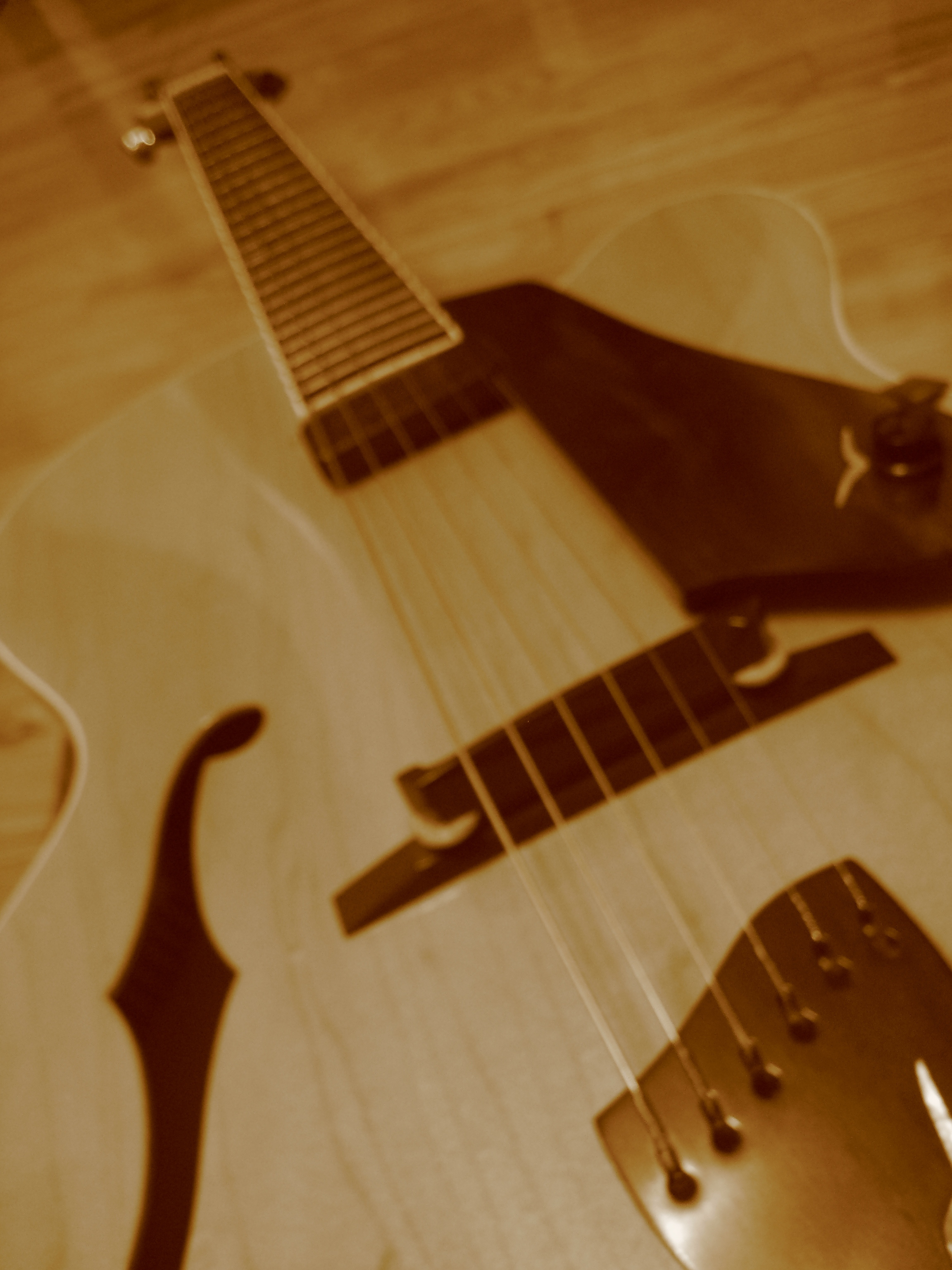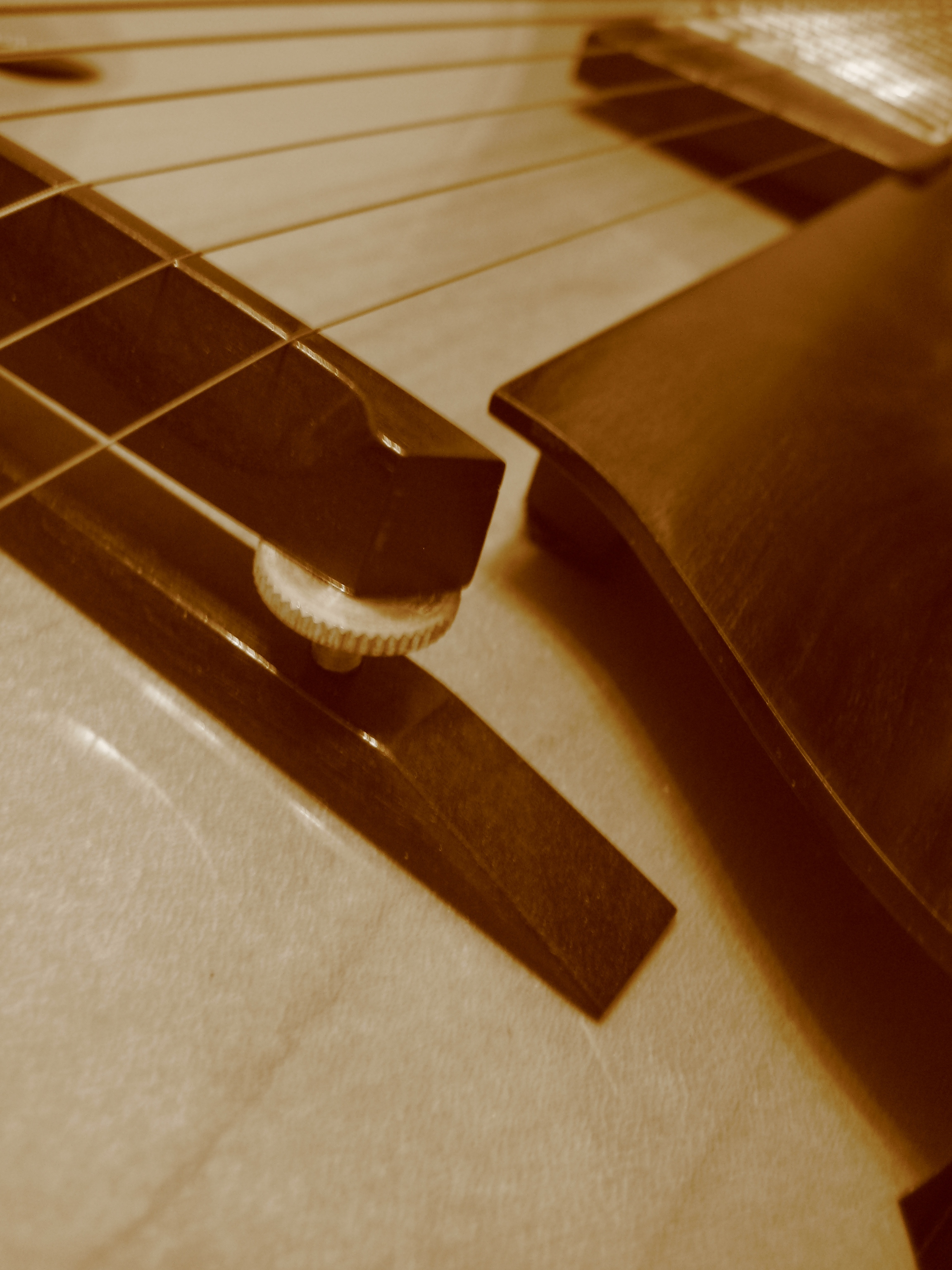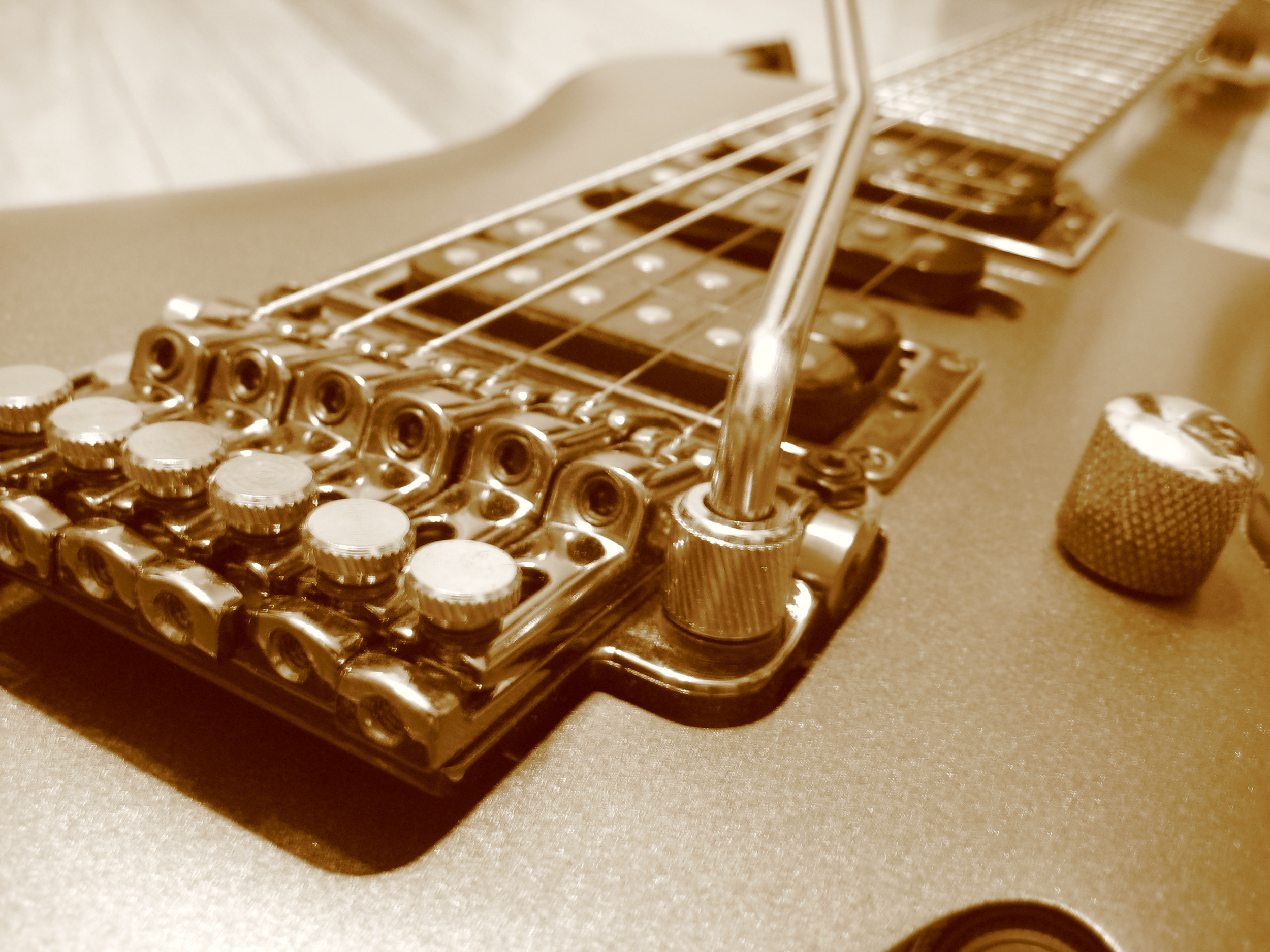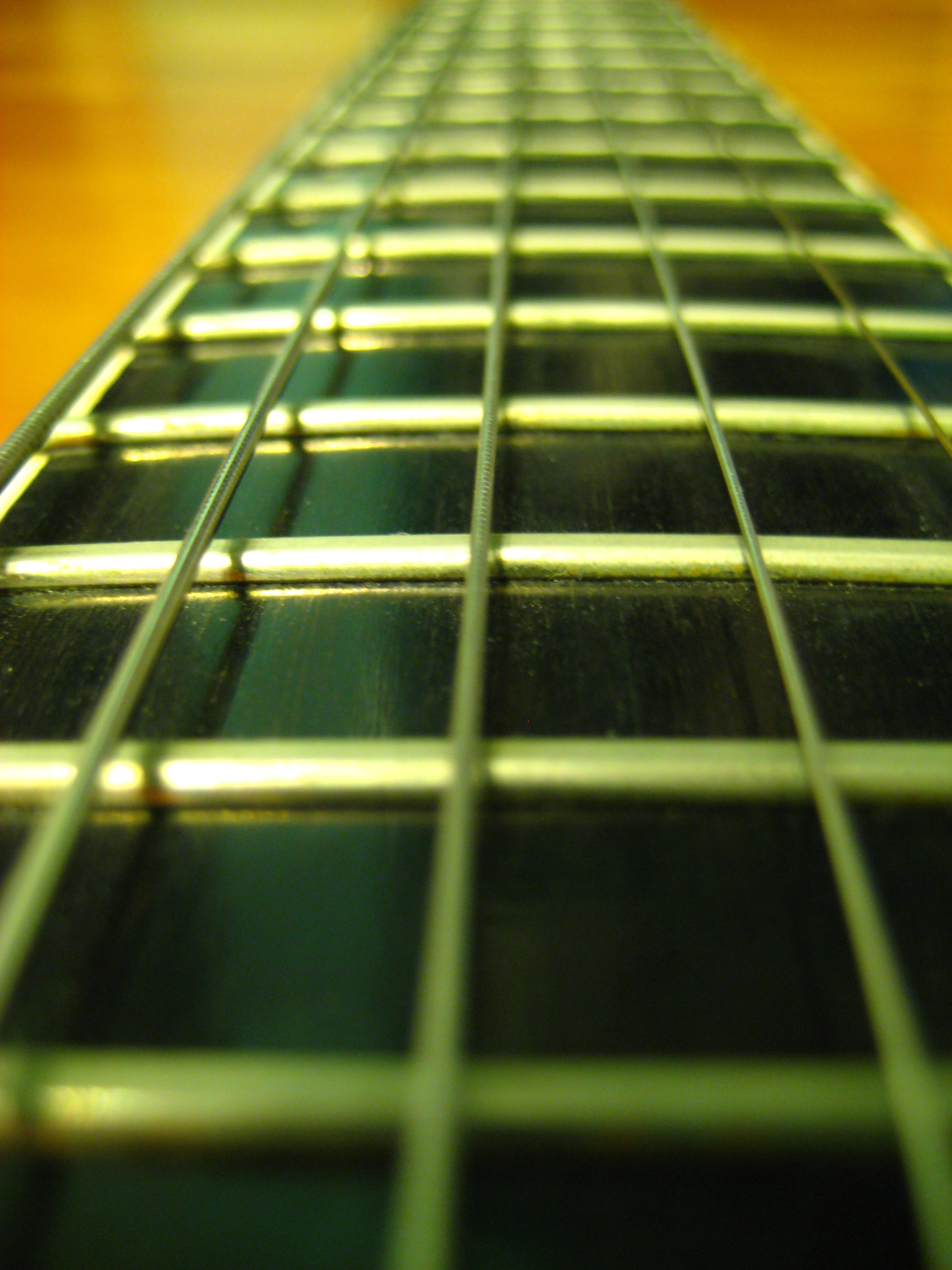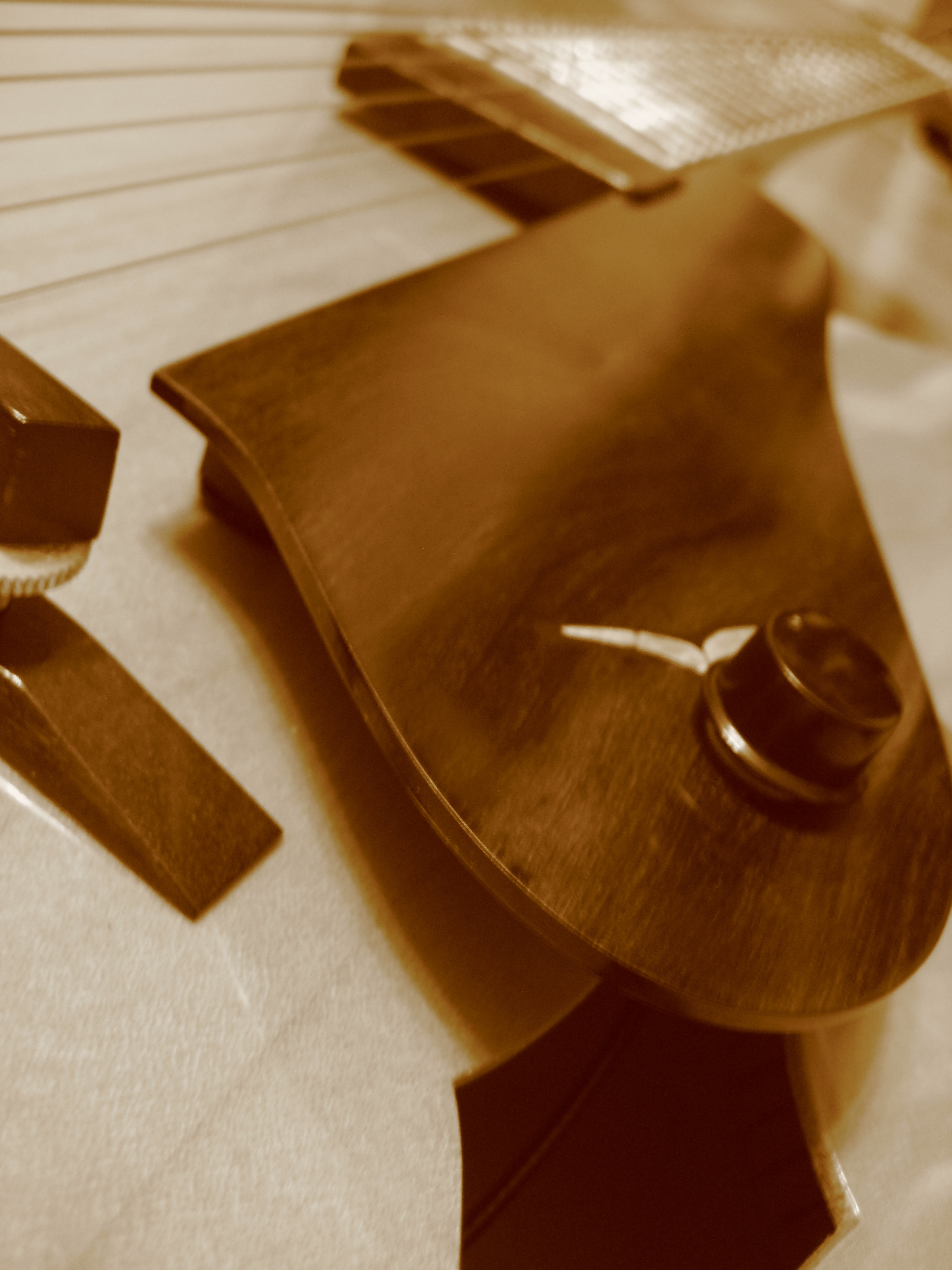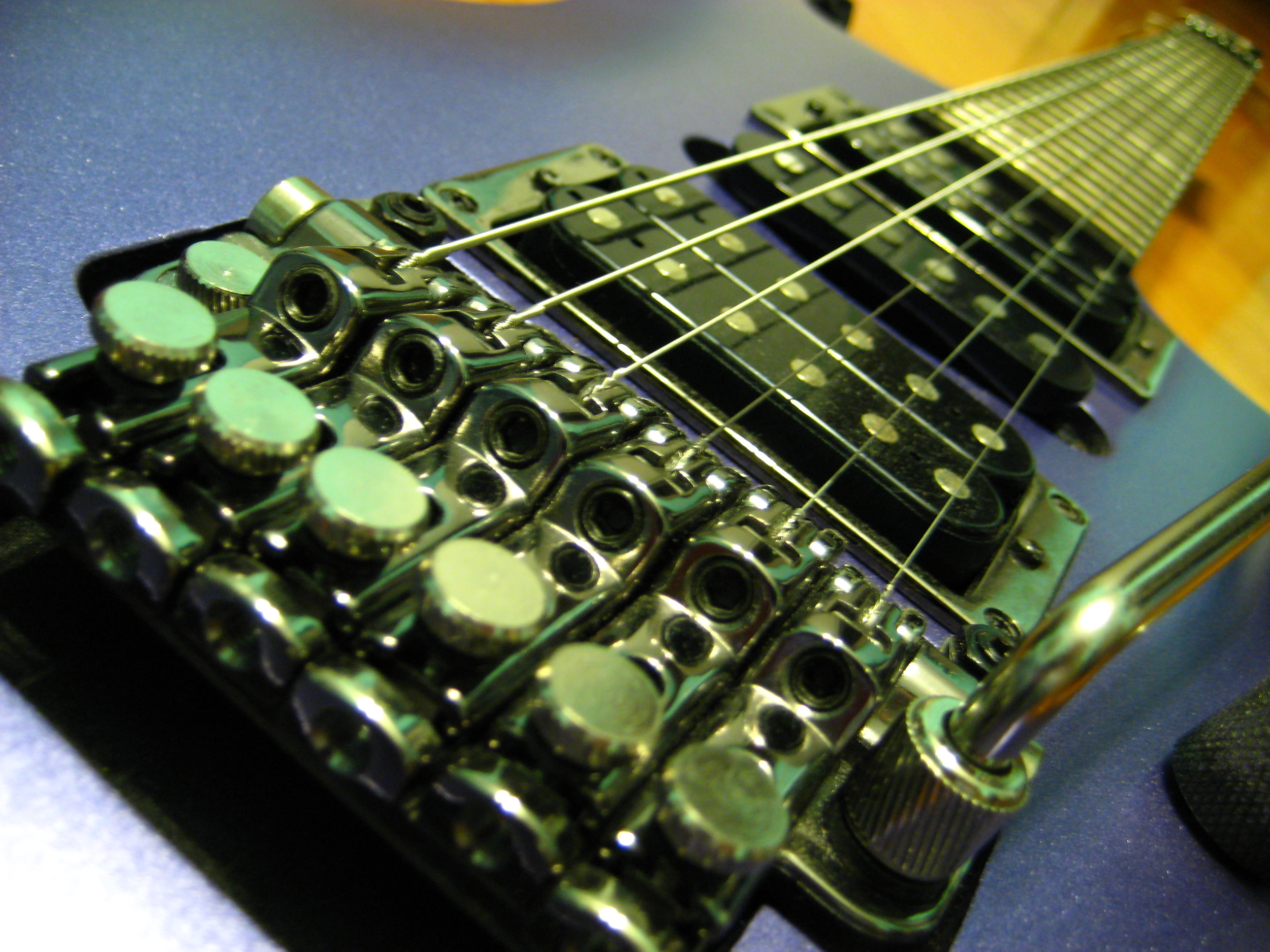Greetings! Welcome to the inaugural blog post for www.BrianRussellMusic.com! This is the first of what I hope to be a series of weekly blog posts aimed at providing useful information and personal professional points of views on topics of interest to guitarists, instructors, and researchers.
‘Tis the season for aspiring guitar players to get ready for live auditions at many colleges and universities around the country and this week I’d like to address a topic that I’m often asked about concerning the preparation for these auditions.
Specifically, this post will address what to expect and some tips for how to best prepare for what can be a very stressful time for many students (and instructors!). Since I’ve coordinated, adjudicated, and participated in these auditions, I thought I’d share some useful advice to help ease the minds of aspiring young guitarists as they prepare.
What to expect…
- As you enter the building for the audition, you’ll most likely see other auditionees nervously hammering away at their audition materials as they wait for their name to be called.
- Auditions will most likely have anywhere between two to four faculty members (or graduate assistants) there to observe auditions. This is done to help provide a more informed decision when trying to decide whether or not a potential candidate should be accepted or rejected.
- Auditions will typically last anywhere between ten to twenty minutes, depending on the level of the student and requirements for entry into the specific program of study.
- You should expect to perform all of materials outlined in the audition requirements outlined by the school. These are usually located on the school’s website.
- In addition, to the formal audition materials, potential students may also be asked to demonstrate musical knowledge and skills such as scales, chords, and ear training. These additional skills should not negatively affect your audition. Instead, they give the auditioning faculty an idea of where you are in your guitar education.
- When you’re finished with the audition it’s a good idea to thank the audition panel for their time and attention. Shake their hands and look them in the eye. A good attitude and appropriate demeanor can go a long way when trying to set yourself apart from others who are looking to gain acceptance into the same program.
- Don’t expect to obtain any information at the audition as to whether or not you’ve made it into the program. This information is usually given after all auditions are completed.
How to prepare…
- Practice, practice, practice. Make sure you’re familiar with all of the requirements for the audition.
- If you have questions about the audition materials (and they are not answered on the website), reach out to the guitar faculty and politely ask them to clarify what will be expected in the audition. This usually best done by email since most faculty members are very busy during the semester.
- Provide your current instructor with the audition requirements and make sure to start your preparation well in advance of the audition date. An experienced private instructor in your hometown –– one who has possibly even been through this process –– is an invaluable resource.
- As you get closer to the audition have your instructor conduct a mock audition to prepare you for what’s ahead.
- Understand that what most programs are looking for are students who can successfully navigate, graduate, and make a career from the skills and knowledge acquired while in the program.
- Concentrate on your technical skills and your ability to express musically. This means focusing on performance aspects such as tone, intonation, rhythmic accuracy, articulation, dynamics, tempo, timbre, and interpretation.
I hope this helps all of those aspiring young guitarists interested in continuing their studies at a college or university. Good luck and practice well!

